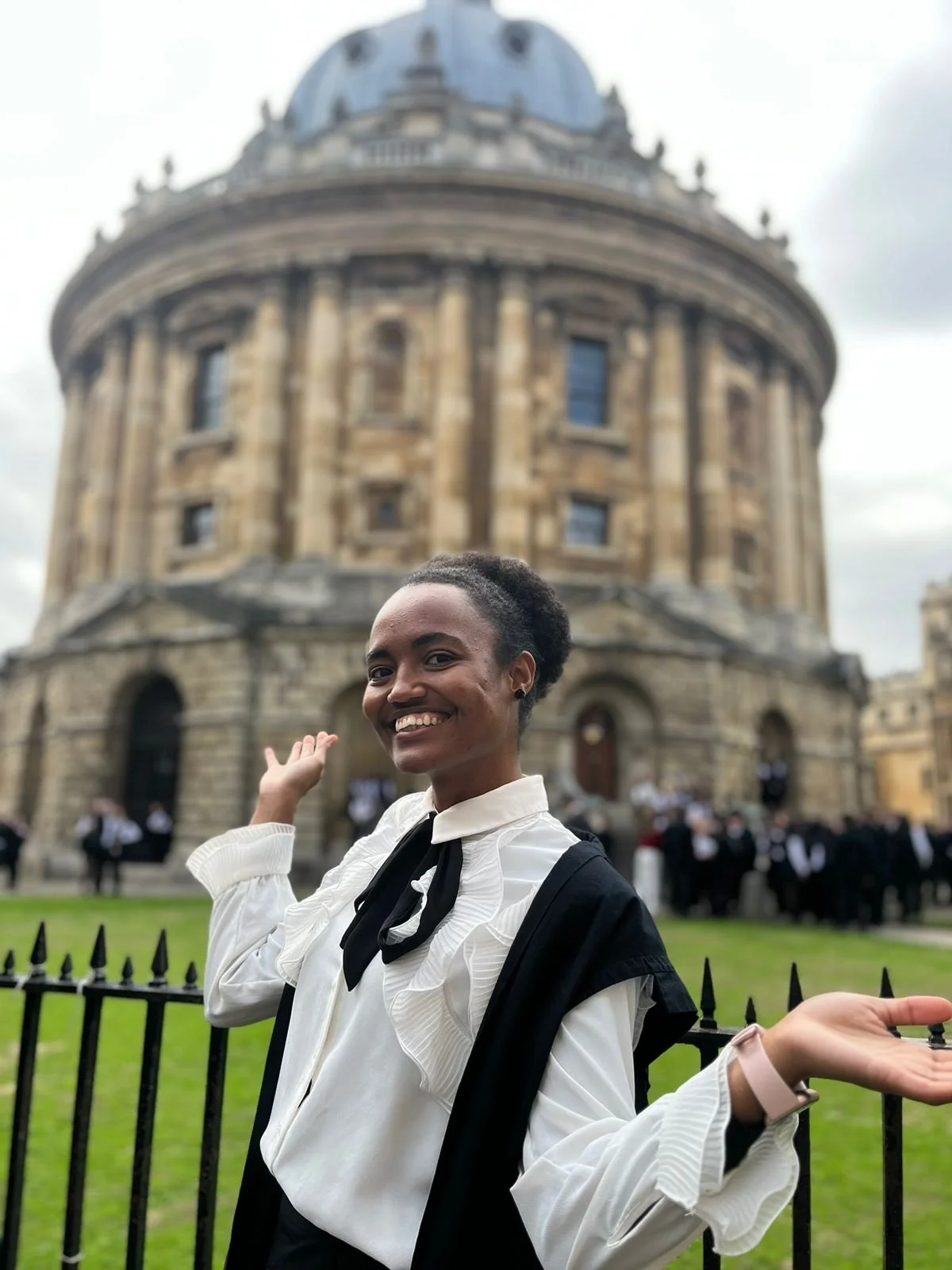Essential Interview Skills - Prepare and present yourself
Tips to Consider before the Interview:
1. Make sure to go through all the materials you submitted for the application, including the CV, personal statement, scholarship form, etc. This will help remind you of all you said and what you mentioned.
2. Look up common/possible interview questions in advance. Brainstorm your answers beforehand and practice with peers (colleagues or friends who know you but can also be critical with feedback) or a mentor if they are available. Practicing beforehand really helps with the nerves and feeling prepared.
a. However, please don’t cram or even write a whole script (the goal is not to read answers but to have a conversation). Trust me prior preparation (research, review, and practice) will be effective.
3. Remember if they call you in for an interview, it means that they 'liked' your written materials (there is potential) and now they just want to see the person behind the application.
a. Be your authentic self, in the sense that you shouldn’t try to be anyone else, take the advice given (you can let some go as well) and ways you can be the best version of yourself, but don’t feel like you need to pretend to be someone/something you’re not.
b. Accept that you will be nervous, but don’t be too nervous that your mind goes blank (if this does happen (we hope not), remember you can ask them to kindly give you a minute or so to just calm the nerves (if you don’t mind being vulnerable). If it helps, think of the interview as a conversation (that’s how mine felt like)
c. Remember that there are no fixed correct answers to the questions they will ask you, but there are best practices that will help you make the most of the experience.
Natasha at Matriculation
On the Day of the Interview:
1. Go over your notes, materials, and any relevant information a couple of hours before your interview (it can even be the night before).
2. Put aside at least 30 minutes before the interview to set up your computer/laptop/phone. Make sure you have Internet connection, your audio is working (recommend using earphones to help from background distractions if you cannot find a quiet place) and you have good lighting coming from in front of you.
a. Please avoid sitting with bright light behind you, this affects your video quality and trust me this makes a huge difference.
b. If you have one, feel free to use a ring light in front of your laptop.
c. Make sure your head and shoulders are in the frame and they can see you properly.
d. If you use hand gestures to relay your points across, you can set up the frame in a way that these can be seen (body language matters).
e. Look at the camera when making your point and the screen when listening to people.
f. If it helps to have your view keep it, otherwise you can hide it if you find it distracting.
3. If you are religious/spiritual, spend some time praying or even meditating before. This will help to calm the nerves.
4. Read the room, are the interviewers warm and friendly, are they smiling, or are they more strict or firm? This is just to help you match their tempo to some extent. You don’t want to be too jubilant if they seem a bit reserved (I know this can be a bit tricky, but the goal is to match the tone/energy while standing out and being yourself) - this is just to guide your engagement. If they seem a bit reserved (not very smiley for example), assume good intent and keep in mind that they want you to do well.
5. Respond to the questions being asked, this is very important. Avoid meandering too much. If you need some time to think about your answer that’s okay, it is even encouraged (but don’t overdo it). If it helps to have the question repeated, ask them politely.
a. Give yourself a rough estimate of 2-3 minutes for each answer, but this also depends on how long the interview is.
b. Remember pitch/tone of voice is important (vary for emphasis), have power/strength in your voice, pace yourself (not too slow, not too fast), and pause when needed.
6. Be relaxed/comfortable without becoming informal.
7. You are showing them how you are a good candidate for this position, but don’t toot your own horn, it is a balance between being humble and also being confident (remember you know yourself best, plus the prior practice can help).
8. To help when responding to questions, there are several structures that can help (feel free to look up other ones or use what has worked for you in the past).
a. Structure 1: Headline (response to the question with examples) - Evidence (from past experience)- So what (how would these relate to your next steps) approach. This is for when you are asserting your point of view. For example when you get a question like, what are your greatest strengths?
b. Structure 2: Situation - Obstacle - Action - Reflection/Result/Revelation (link to bigger picture). This is for when answering behavioural interview questions such as “Tell us about a time you faced an ethical dilemma”.
9. This is not an exhaustive list, but all in all, remember that all you can do is your very best. So don’t stress if you can’t do everything or keep everything in mind. Believe in yourself! You got this!!


